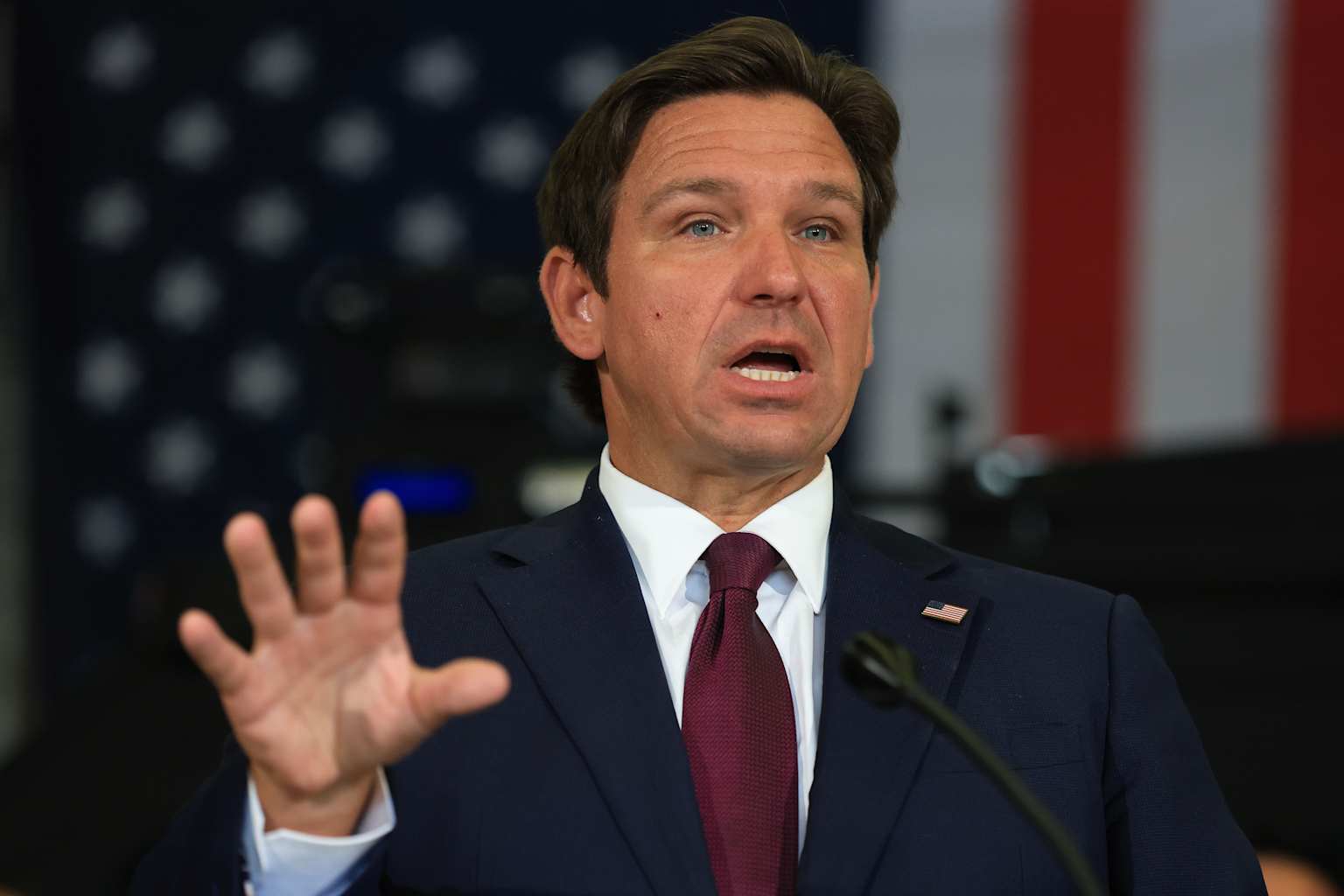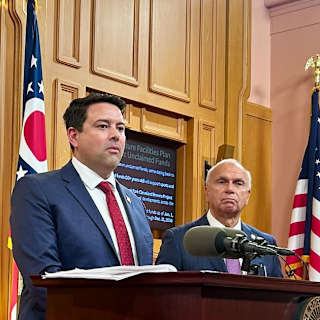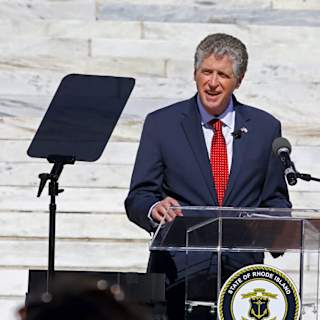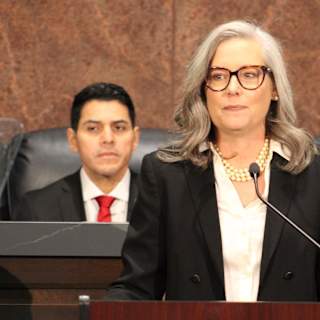- Budget Reflects Conservative Spending Approach
- Tensions Mark Extended Session
- Property Tax Elimination Push
Florida Governor Ron DeSantis signed a $115.1 billion state budget on Monday, wielding his veto pen to slash $600 million in spending from the plan lawmakers delivered after one of the most contentious legislative sessions in recent memory.
DeSantis signed the budget at a press conference in Wildwood, one day before the new fiscal year begins July 1, marking the end of a 105-day legislative session that stretched more than six weeks past its scheduled conclusion.

The approved budget represents a $3.5 billion reduction from the current fiscal year and falls $500 million short of DeSantis' February proposal, reflecting what Republican leaders called a focus on fiscal restraint amid economic uncertainty12. The governor said his vetoes were necessary to align spending with his budget recommendations.
"Sometimes there's just a lot of stuff that you kind of have to veto," DeSantis said at the signing ceremony3.
The budget includes $1.3 billion in tax cuts dominated by the elimination of Florida's commercial lease tax, a longtime priority of business groups that will reduce state revenue by approximately $900 million annually14. Additional tax relief includes permanent sales tax holidays on back-to-school items and hurricane supplies1.
The spending plan allocates $750 million to the state's rainy-day fund, pushing reserves above $5 billion, and dedicates $250 million to paying down state debt45. DeSantis highlighted that Florida has paid down over 36% of its tax-supported debt since he took office6.
The budget approval followed what DeSantis described as an "unnecessarily bumpy" session marked by feuding between his administration and House Republican leaders1. The House attempted to limit DeSantis' authority over college president selections and scrutinized the First Lady's Hope Florida program1.
"This one, I think, was more driven by personal agendas, by kind of vendettas," DeSantis said1. According to Florida Politics, much of the conflict centered not on spending cuts but on revenue reductions through tax cuts2.
The original 60-day session was supposed to end May 2, but disagreements over budget priorities and tax cuts forced lawmakers to return in mid-June to complete negotiations34.
Among DeSantis' vetoes was $1 million for a study on eliminating property taxes, which he dismissed as unnecessary bureaucracy1. The governor continues pushing for a constitutional amendment to eliminate property taxes on homesteaded property, calling on lawmakers to place the measure before voters in 20261.
"I do not think you should have to pay just for the privilege of living in a house you already own," DeSantis said1.



